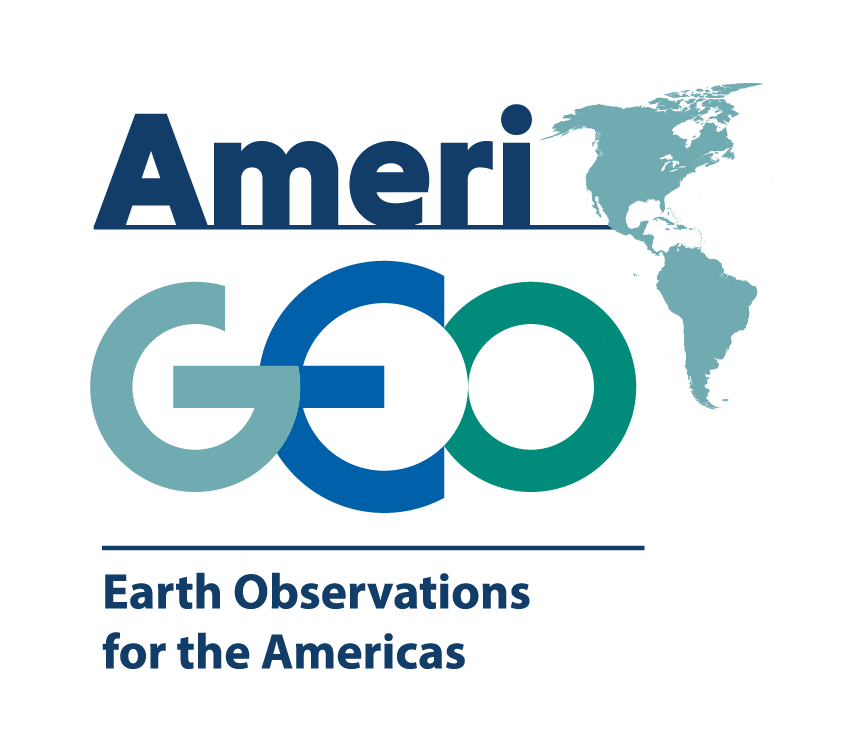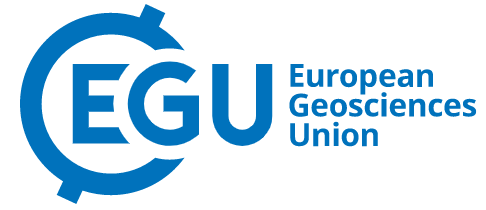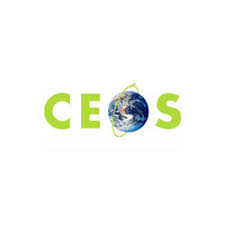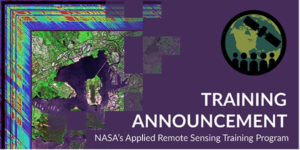Two sessions have been organized by World Water Quality Alliance and GEO AquaWatch members at the next European Geosciences Union (EGU) virtual General Assembly for your abstract submission. The [extended] deadline for abstract submission is 15 January 2021, 13:00 CET.
SESSION 1: HS6.9: “From short-term detection to long-term projections: complementing water quality assessments by combining modelling and remote sensing”
This session focuses on regional and global water quality research where remote sensing and modelling are combined in order to complement a water quality assessment compared to one based on monitoring data only. This would cover studies such as on Covid-19 arising on short-term as well as long-time developments such as eutrophication. The following topics are of particular interest for this session:
- Processing water quality data from remote sensing products across scales
- Comparing near-real time remote sensing information with baseline
- conditions obtained from modelling
- Complementing results from modelling and remote sensing
- Remote sensing facilitating water quality model development and modelling
For more information see: https://meetingorganizer.copernicus.org/EGU21/session/39516
Convener team: Martina Flörke (Ruhr-University Bochum), Ilona Bärlund (UFZ), Stefan Simis (Plymouth Marine Laboratory) and Ting Tang (IIASA)
SESION 2: HS2.2.4: “Drivers and impacts of freshwater salinisation: from data to modelling approaches across spatio-temporal scales”
If you’re working on topics relating to freshwater salinisation – we are especially interested in research quantifying and predicting historic to future salinisation patterns, drivers and impacts at catchment to global scales, using both data and/or model-driven approaches – then please consider submitting to our session! Contributions including – but not limited to – any of the following topics are of particular interest for this session:
- Surface water and groundwater interactions and its effects on salinity dynamics
- Impacts of hydrological extremes and seasonality on salinity levels of freshwater resources
- Human and hydro-climatic drivers of freshwater salinisation across different spatial and temporal scales
- Implications of inland salinity for ecosystem health and sectoral water use
- Applications of surface and/or groundwater in-situ and remote sensing data, and/or data-driven models to determine salinity concentrations across multiple scales
- Global change (e.g. climate change, land use change) impacts on future freshwater salinisation
- Assessment of management and adaptation measures to salinity changes
Our invited speaker is Miguel Cañedo-Argüelles Iglesias of Barcelona University. For more information see: https://meetingorganizer.copernicus.org/EGU21/session/39649
Convener team: Josefin Thorslund (Stockholm University), Martina Flörke (Ruhr-University Bochum), Sujay Kaushal and Michelle van Vliet (Utrecht University)






